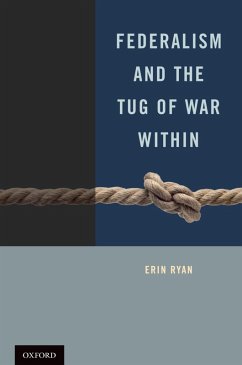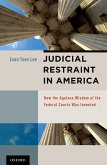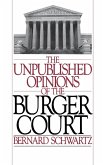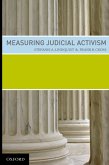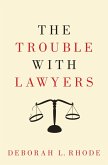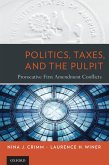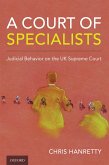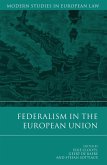Federalism and the Tug of War Within explores how constitutional interpreters reconcile the competing values that underpin American federalism, with real consequences for governance that require local and national collaboration. Drawing examples from Hurricane Katrina, climate governance, health care reform, and other problems of local and national authority, author Erin Ryan demonstrates how the Supreme Court's federalism jurisprudence can inhibit effective inter-jurisdictional governance by failing to navigate the tensions within federalism itself. The Constitution's dual sovereignty directive fosters an ideal set of good governance values, including checks and balances, accountability, local autonomy, and local and national synergy, that are nevertheless in constant competition. This inherent "tug of war" is responsible for the epic instability in the Court's federalism jurisprudence, but it is poorly understood. With new conceptual vocabulary to wrestle with old dilemmas, Ryan traces the development of federalism's tug of war, and proposes innovations to manage judicial, legislative, and executive efforts with more focus. Her analysis clarifies how the tug of war is already mediated through balancing, compromise, and negotiation. She proposes a Balanced Federalism model that mediates tensions on three separate planes: fostering balance among competing federalism values, leveraging the functional capacities of the three branches in interpreting federalism, and maximizing the wisdom of both state and federal actors in so doing. The new framework better harmonizes values that-though in tension-have made the American system of government so effective and enduring.
Dieser Download kann aus rechtlichen Gründen nur mit Rechnungsadresse in A, B, BG, CY, CZ, D, DK, EW, E, FIN, F, GR, HR, H, IRL, I, LT, L, LR, M, NL, PL, P, R, S, SLO, SK ausgeliefert werden.

